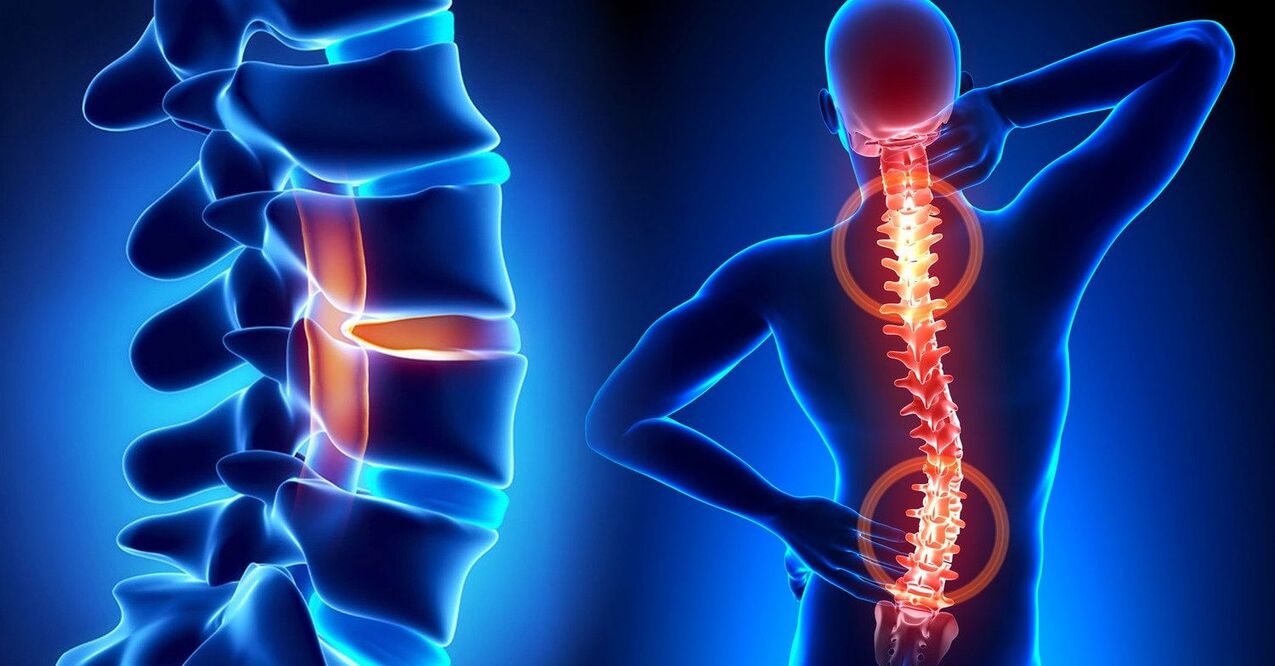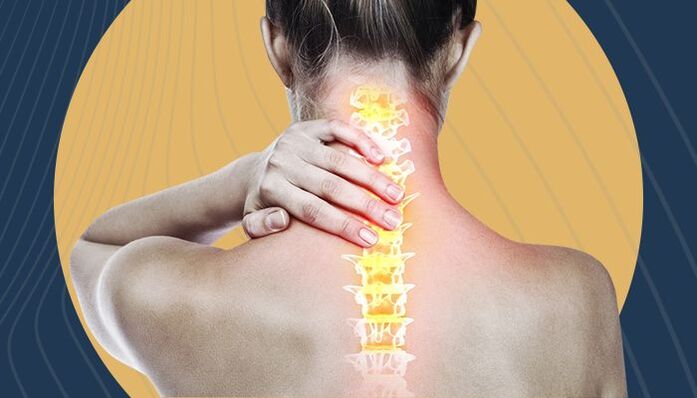
Characteristics of the disease
- External preparations with local anesthesia, regeneration, and warming effects;
- Drugs that provide adequate nutrients to the brain;
- Chondroprotective agents that trigger the disc repair process;
- Local and systemic analgesics.

Symptoms of cervical rickets

- Clicking and crackling sounds in the neck;
- Limited range of motion;
- High blood pressure;
- Heartbeat;
- Migraine-like unilateral throbbing headache;
- visual and hearing impairment;
- Dizziness, unsteady gait, and the feeling of imaginary objects spinning;
- Nausea attacks, rarely ending in vomiting.
Principles of drug treatment
- Injections are used to relieve the progression of rickets and quickly eliminate their painful symptoms;
- Take tablets, capsules, or dragees during remission to prevent disc damage, relieve mild or moderate pain, and restore circulation;
- Ointments, gels, balms, creams are the safest and can quickly combat stiffness and unpleasant crunching.
Nonsteroidal anti-inflammatory drugs (NSAIDs)
- eliminate painful feelings;
- Eliminates crunching and clicking sounds when turning the neck;
- Prevents acute, subacute and chronic inflammatory processes affecting soft tissues;
- Stimulation reduces swelling affecting sensory nerve endings;
- Increase the range of motion of damaged cervical spine.
synthetic hormones
The use of hormonal drugs is prohibited during pregnancy, lactation, adolescence and childhood.
Medications with chondroprotective properties
- Glucosamine. Stimulates the synthesis of bioactive substances required for tissue construction and improves the composition of synovial fluid. Increases the permeability of the joint capsule, restores enzymatic processes, and inhibits the destruction of the intervertebral disc.
- Chondroitin. Participate in the construction of cartilage and bone tissue and accelerate the metabolic process. Inhibits the destruction of intervertebral discs and blocks enzymes that cause cartilage tissue damage.
Products to improve microcirculation
Preparations containing B vitamins
Disruption of innervation can lead to paresthesia - a loss of sensitivity in certain parts of the body.
best muscle relaxant
Drugs that improve mental and emotional states
- Panic attacks;
- Depression, neurosis;
- visual and hearing impairment;
- dry cough;
- Shortness of breath;
- Anxiety, apathy, fatigue;
- Various sleep disorders.
vitamin balancing complex
The correct intake of the drug is 1 tablet per day - this amount is enough to improve the blood supply to the brain and provide useful substances.
Ointments, gels, balms
- Anti-inflammatory (medicine). The drug has a milder effect on the body than other NSAIDs.
- vasodilators. These drugs exhibit local stimulant activity and dilate blood vessels that supply blood to the brain.
- painkiller. These medications help relieve pain immediately after use. They are absorbed well and do not leave oily stains on clothes and bedding.
- warming. Products containing pepper extract should only be applied using an applicator. The medication will produce analgesic effects within a few minutes when applied to the back of the neck.

























